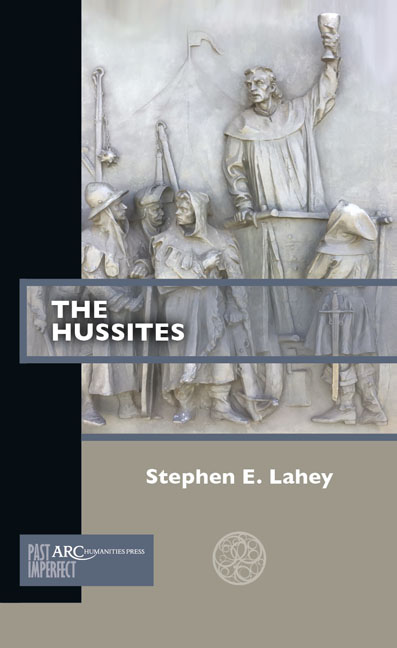Summary
On his return from a meeting in Munich with Hitler in 1938, Neville Chamberlain famously said, “How horrible, fantastic, incredible it is, that we should be digging trenches and trying on gas masks here, because of a quarrel in a far away country between people of whom we know nothing.” He was referring to tensions between ethnic Germans and Czechs in what was then Czechoslovakia which Hitler had used as an excuse to annex the Sudetenland. Eighty years later, the comment continues to irritate the Czechs, in large part because it remains accurate for much of the Anglophone world. Bookstore shelves groan with histories of England, France, Germany, and other familiar countries of Western Europe, and there are always plenty of histories of Russia nearby. But there are very few, if any, on the lands in between, aside from histories of the horrific fighting in the Second World War. The Western world maintains an incurious attitude about “Eastern Europe” that would have been foreign to Europeans of the fourteenth-and fifteenth-centuries. Then, the Kingdom of Poland and Lithuania was the most powerful in Europe, the Holy Roman Empire stretched from the Low Countries to Hungary, and Prague was its Second City. Bohemia was an important, centrally located kingdom within the Empire, a midpoint between German- and French-speaking lands on the West, and Hungarian- and Slavic-speaking lands on the East.
Bohemia was torn apart by the Hussite phenomenon between 1419 and 1435, and all of Europe reacted with hor ror as its violence spread into Bavaria, Silesia, Moravia, and the Baltic states. Such violence usually accompanied wars between crowns or powerful lords, but here it was waged by lesser nobles, theologians, and commoners. In many histories of the Hussites, it has been common to push aside the theological justifications for the fighting as secondary, masking nationalist or economic issues that are the “real movers” in politics. This is due to the secularism that continues to define Western civilization, separating it from societies in which religion continues to dominate, notably the Muslim world. It is almost impossible to believe that common people would take up farm implements to meet mounted armoured knights in combat for access to the consecrated wine of the Eucharist. Surely there was more at stake than this?
- Type
- Chapter
- Information
- Hussites , pp. 1 - 6Publisher: Amsterdam University PressPrint publication year: 2019



